
The creator economy is one of the most rapidly developing industries, and decentralized technologies have a chance to unlock its full potential.
Decentralized technologies are starting to revolutionize the world of finance, with cryptocurrencies applied in different ways to recreate traditional financial instruments. However, since cryptocurrencies aren’t backed by anything but people’s faith in them, they are extremely volatile. That means, when it comes to loaning value with crypto, neither party can be sure that they will get a fair deal.
There needs to be a way to secure the value of the assets loaned, which can be done by backing them up with a value in the real world. Here is where the tokenization of real assets comes in. This process is pretty straightforward when we consider tangible assets like a building or gold bars, but what about intangible assets like intellectual property?
Related: Understanding the systemic shift from digitization to tokenization of financial services
The rise of the creator economy has led to intangible assets accounting for over 90% of the S&P 500’s market value, a figure that is only set to grow. There needs to be a way to unlock more creativity to realize the potential of human capital.
Kickstarting creator financing
Finding a start with financing in the creator economy is a great challenge, especially for newcomers. As many entrepreneurs in this segment discover, sometimes it is much easier to give away a good idea than to create a business out of that idea.
Creativity, by definition, disrupts what came before; it’s about new ideas, new technologies, new products, new services and new ways of doing things. Driven in large part by the digital revolution, many creative industries are not just innovative in what they do but in how they do it.
Related: Bull or bear market, creators are diving headfirst into crypto
Raising funds may be difficult for several reasons. For one, banks and investors tend to be conservative. They like certainty and are unlikely to be impressed by an enthusiastic entrepreneur convinced that an entirely new and untried idea — whether it is a design, a software tool, a fashion concept or a video game — will be a commercial success. Furthermore, banks want collateral for their loans, but many creative businesses have no capital assets to offer.
Stumbling blocks in the state of play
Investors specializing in creative industries may indeed recognize an entrepreneur’s genius. But in return for their investment, they often want some ownership of the idea and, therefore, some control over its development and marketing. This may not seem acceptable to the creative entrepreneur who prefers debt-finance in the form of a loan rather than equity finance in the form of sharing ownership and control over the work with the investor.
Alex Shkor, the founder of DEIP — a company that is building a protocol for the creator economy — explained to me, “For creators to be able to tokenize their works and collateralize them for funding, there needs to be a set of smart contracts, which can register assets on-chain, issue NFTs, evaluate assets and manage both collateralization and liquidation in case of default.”
Loan framework for the creative economy
Just as loans can be issued in the real economy based on collateral, so can they be in the creator economy.
Imagine a game developer (let’s call them Jane) who begins working on a side project. After a while and some positive encouragement from friends and family, Jane decides to take the leap into converting their side project into a full-time job. But a few months down the line, and with slower progress than first anticipated, Jane’s funds start to dwindle; they begin to consider full-time roles again. This situation is a common one for budding creators out there.
However, with a decentralized platform for intellectual assets, Jane’s progress on their work could be assessed by a decentralized assessment system that pools the expertise of people in the domain to give the unfinished creation an appraisal guided by the intrinsic value of the idea. This inherent value is used as the input for the collateralization calculation, the loan value that it can be issued for. Jane can use the loan offered to them for whatever they like; in this case, to support themself while they finish the game’s development.
Moreover, with or without collateral, a small loan can be issued to newcomers. If Jane doesn’t have any project, ready-made or part-made creation, they still have the chance for initial financing as a newcomer to the platform. The loan amount will be smaller as it is unsecured, and the loan itself is backed by the segment decentralized autonomous organization (DAO) and budgets originating from its ecosystem fund. Sources of this fund come from transaction fees and bandwidth allocation payments of the underlying blockchain.
If loans are paid back on time, Jane’s personal credit rating will be upgraded. In this case, if Jane would like to apply for another loan, the collateralization factor will be less, enabling them to borrow more.
Should Jane default on their loan, any collateralized assets are assumed by the platform and can be sold off to recoup the funds via smart liquidation contracts. If Jane hasn’t collateralized anything, the default risk is realized by the platform and covered by the DAO.
As long as the creator’s credit history is solid and positively confirmed with each new loan, the next tranche can be issued with iteratively improved terms and conditions. Credit history becomes an integral and immutable part of the reputational profile of the creator. As Shkor noted:
“The whole purpose of Web 3.0 is to enable a decentralized creator economy and all the tech for this already exists.”
He continued, “We just need to foster adoption of these technologies in real industries, in creative industries, for the assets produced by creators. It will not only increase liquidity of the creator economy assets, it will also open a flow of capital to creators.”
The views, thoughts and opinions expressed here are the author’s alone and do not necessarily reflect or represent the views and opinions of Cointelegraph.

You can get bonuses upto $100 FREE BONUS when you:
💰 Install these recommended apps:
💲 SocialGood - 100% Crypto Back on Everyday Shopping
💲 xPortal - The DeFi For The Next Billion
💲 CryptoTab Browser - Lightweight, fast, and ready to mine!
💰 Register on these recommended exchanges:
🟡 Binance🟡 Bitfinex🟡 Bitmart🟡 Bittrex🟡 Bitget
🟡 CoinEx🟡 Crypto.com🟡 Gate.io🟡 Huobi🟡 Kucoin.


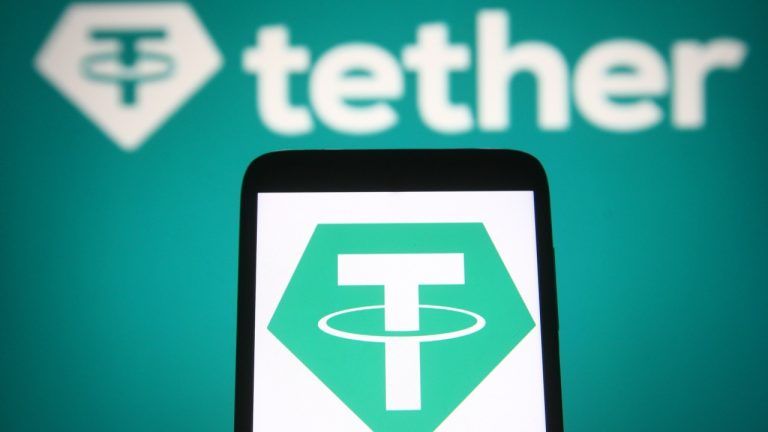
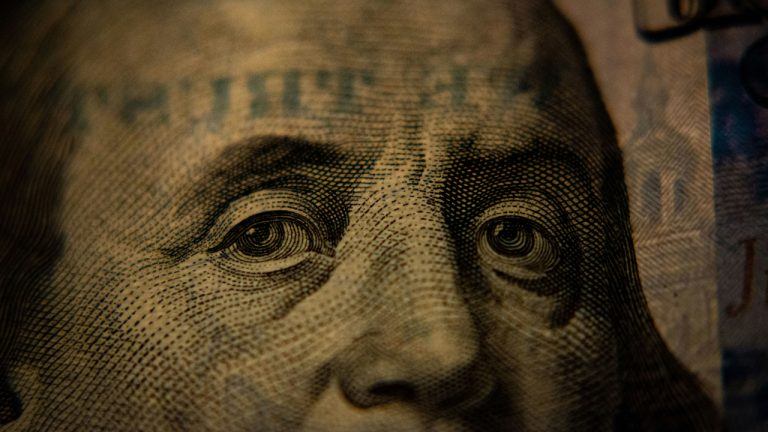



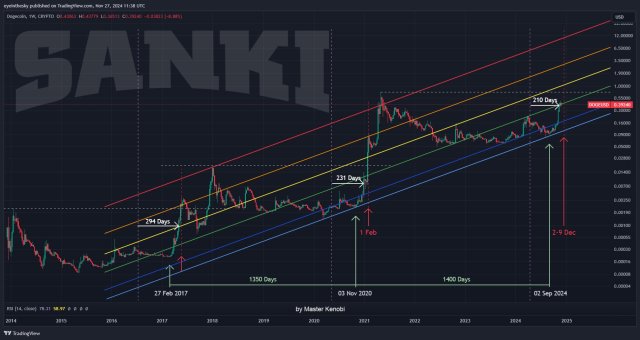

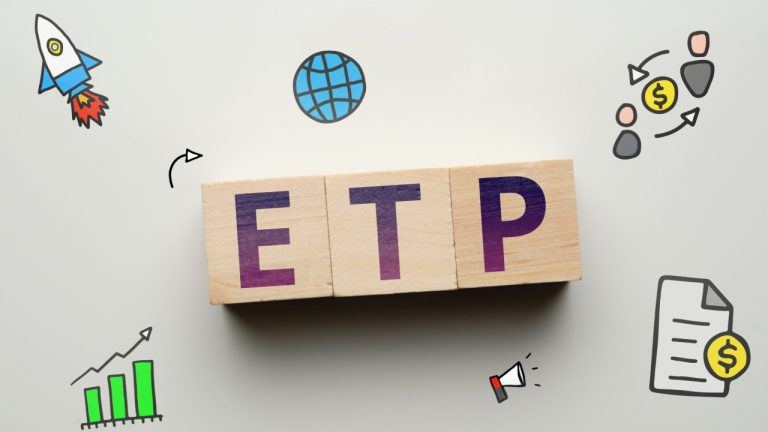

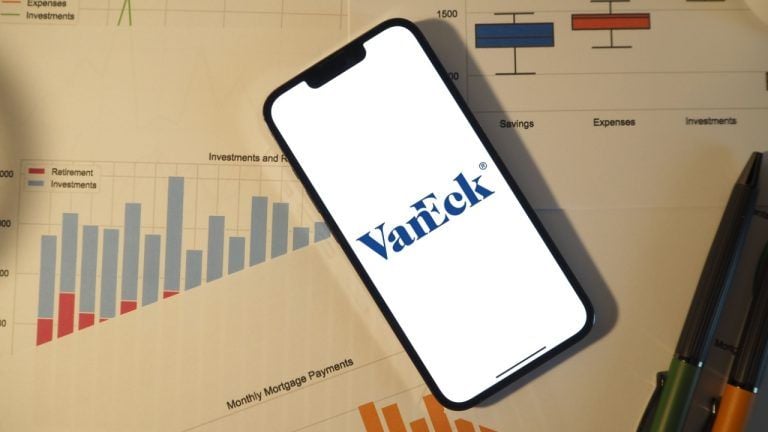


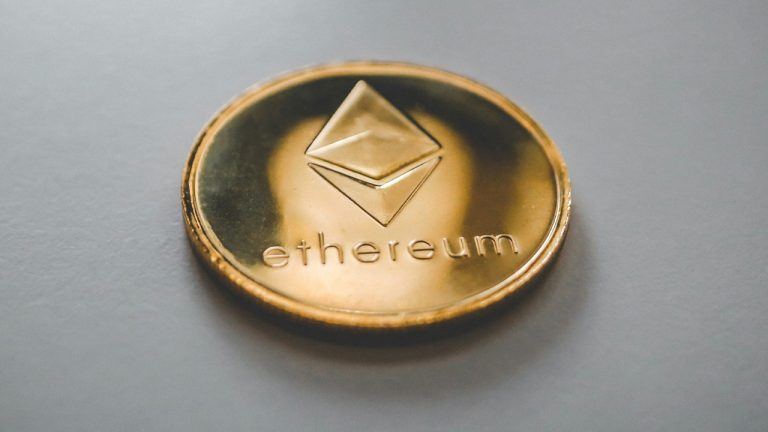

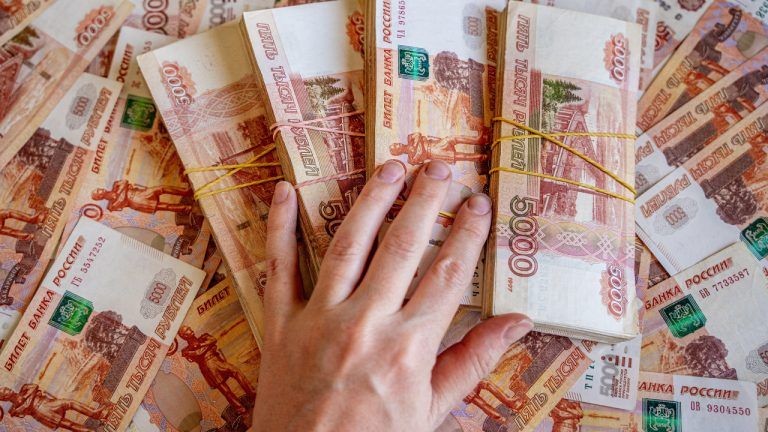


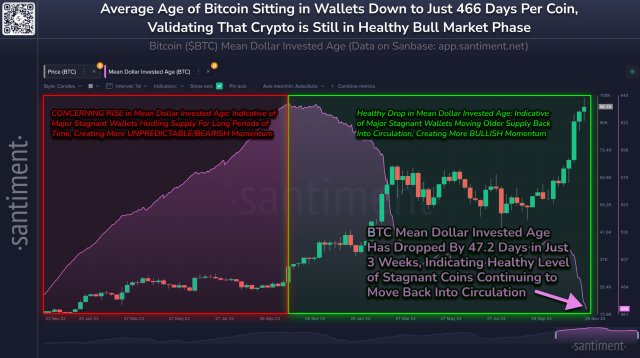
Comments